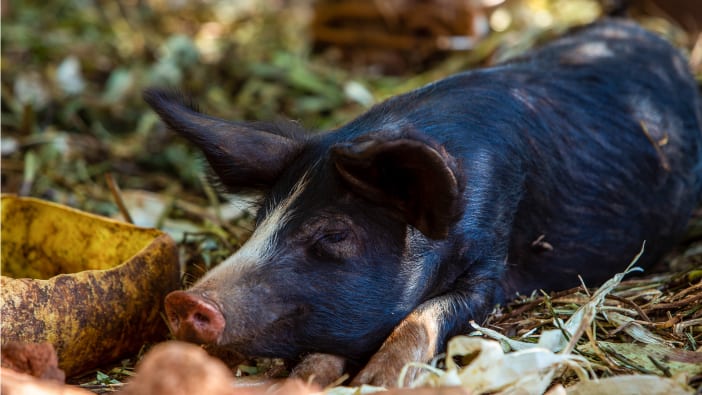By Dr William Hart.
Modern agricultural pesticides (chemicals used for killing insects, weeds or diseases) may bring great benefits through saving labour and increasing production. But they can also bring danger to people livestock and wildlife. This article is concerned with accidental poisoning of humans by these chemicals.
Imagine you are a responsible person, maybe a village health worker or an agricultural extension agent. You come across a possible case of pesticide poisoning. You may be out in the fields, a long way from the village or health centre and even further from a proper hospital. What should you do?
First of all you should take general first aid measures, which are the same for all poisons, whatever the particular chemical involved.
The simplest way of causing the patient to vomit is to stick you fingers down the throat. Salt water should not be used. If a nearby health centre has Ipecacuanha mixture available, this is a better way.
The dose is: Ipecacuanha Emitic Mixture, Paediatric – 10-30mls at once, followed by a cup of water. If no vomiting occurs in 20 minutes, repeat the dose.
Medical treatment of Chemical Poisoning
There are a large number of agricultural chemicals, known by various chemical and trade names (see note on Chemical Names, part of article 'Treatment of Poisoning'). Most of these can be placed into closely related groups, and treatment of poisoning is similar for all chemicals within these groups.
Find out now what the treatment is for the chemicals which you use or recommend, or which are commonly used in you area. Go to article 'Treatment of Poisoning' for more information









